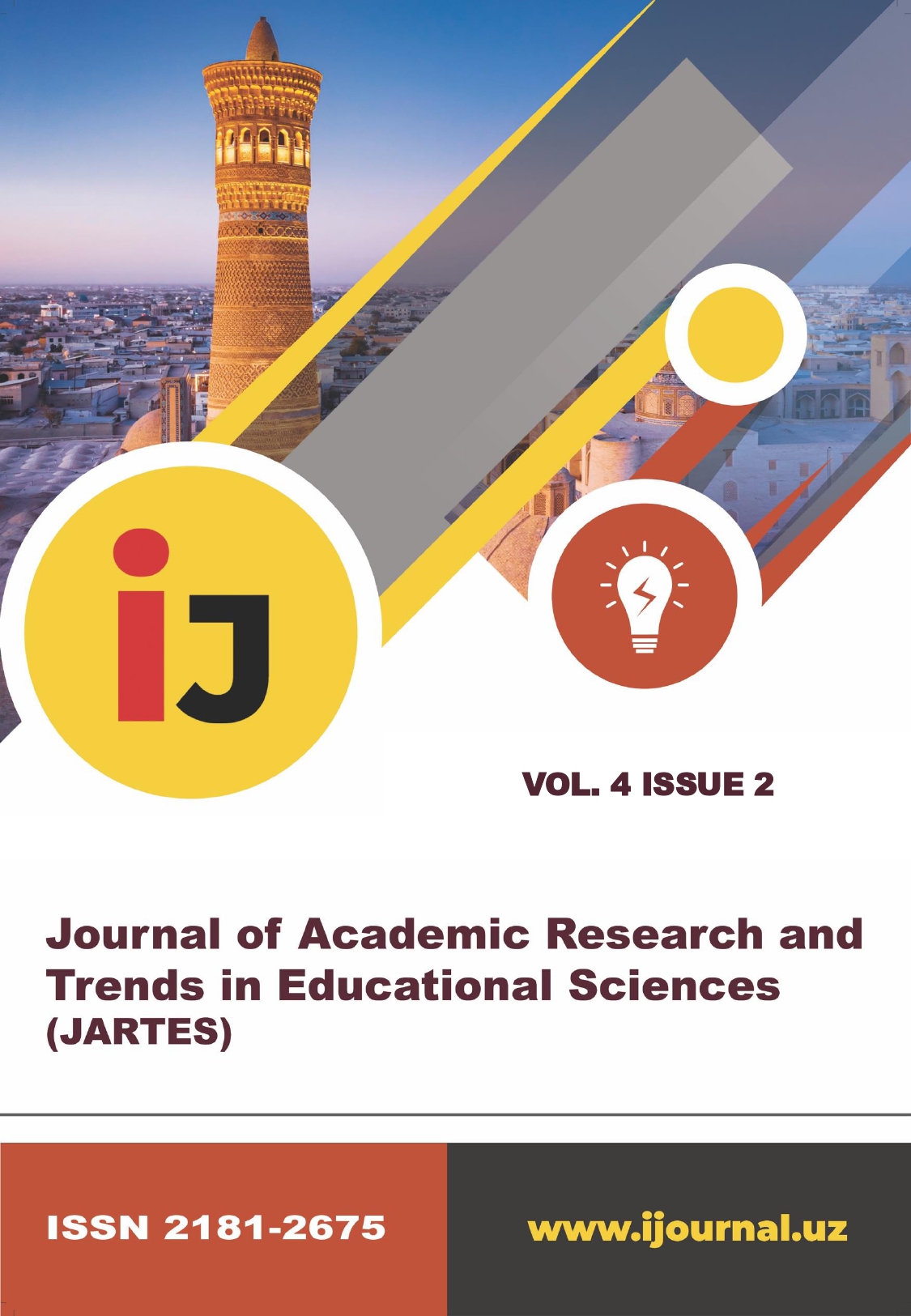LINGUOCULTURAL ANALYSIS OF THE CONCEPT OF “BOYLIK” (WEALTH) IN ENGLISH AND UZBEKISTAN
Keywords:
concept, linguoculturology, wealth, semantics, proverb, phraseologism, folk thinkingAbstract
This article is devoted to the linguoculturological analysis of the concept of “wealth” in English and Uzbek. The study highlights the national and cultural characteristics of the concept of ‘wealth’ through lexical units, proverbs and phraseologisms related to the concept. It also analyzes the role of this concept in the relationship between language and culture and studies how it is reflected in the thinking of the two peoples.
References
1. Alexander Margulis and Asya Kholodnaya Russian-English dictionary of proverbs and sayings McFarland & Company, Inc., Publishers. Jefferson, North Carolina, and London. 2009. 120 b.
2. Balg, G.H. A Comparative Glossary of the Gothic Language, with especial reference to English and German / G.H.Balg. – Mayville (Wis.), 1887. p158.
3. Begmatov E., Madvaliyev A., Mahkamov N., Mirzayev T., Toʻxliyev N., Umarov E., Xudoyberganova D., Hojiyev A., “Oʻzbek tilining izohli lugʻati” Toshkent. – 3240b.
4. Hojiyev A. “Oʻzbek tili sinonimlarining izohli lugʻati” “Oʻqituvchi” nashriyoti. Toshkent 1974. – 308b.
5. Hojiyev A., Nurmonov A., Zaynobiddinov S., K. Kokren, Saidxonov M., Sobirov A., Quronov D. “Hozirgi о‘zbek tili faol so‘zlarining izohli lug‘ati” Toshkent «Sharq» nashriyot-matbaa aksiyadorlik kompaniyasi bosh tahririyati 2001. – 336b.
6. Joseph Raymond. The role of proverbs in tension and crises. Central States speech journal. 2009. P 9.
Published
Issue
Section
License
Copyright (c) 2025 Alisher Jo‘rayev

This work is licensed under a Creative Commons Attribution-NonCommercial-NoDerivatives 4.0 International License.
All Rights Reserved.





